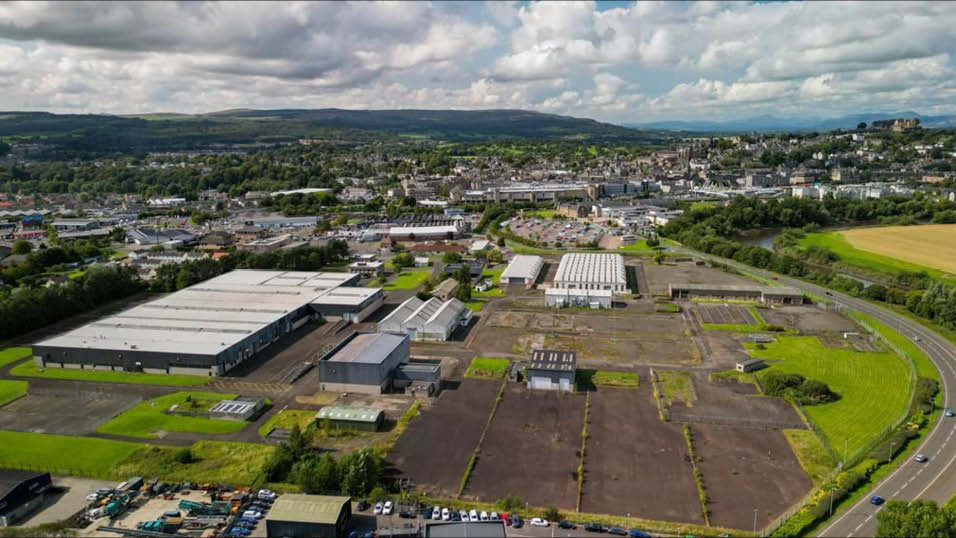Bafta’s sustainability organisation, albert and engineering and consulting firm ARUP have launched a new scheme to help studios measure and reduce the environmental impact of their facilities.
The Studio Sustainability Standard is designed to help studio facilities reduce their environmental impact by focusing on six key areas: Climate, Circularity, Nature, People, Management and Data.
Studios who take part in the scheme will submit data annually under each key area for assessment. In return, each studio will receive a bespoke sustainability report impact, as well as an overall sustainability score, allowing studios to compare themselves to the wider industry standard.
The Studio Sustainability Standard has been designed with a number of leading studios including: BBC Studioworks, The Bottle Yard Studios, BT Sport Studios – Stratford, Ealing Studios, Elstree Studios, FOX, Sky Studios Elstree, Sony Pictures Entertainment, The British Film Commission, The British Film Institute, Members of The Sustainable Production Alliance, The Walt Disney Company, Warner Bros. Studios Leavesden and Wolf Studio Wales.
Carys Taylor, Director of albert, said: “I’m really excited that we’re launching this new global standard for the industry. The Screen New Deal report produced in 2020 by albert, BFI and Arup highlighted the systemic change required at all stages of a film’s lifecycle for the industry to transition to Net Zero. At albert, our role is to support the industry with practical initiatives that can help achieve this goal. The Studio Sustainability Standard is one such way in which we can help. By creating a globally recognised and respected standard, we hope to support all studio facilities, and the productions they house, who are actively looking into ways to reduce their environmental impact.”
The bespoke report will lay out the key findings and allow studios to make targeted, business decisions that can have a positive impact on the facility, a production’s carbon footprint and the wider environment. The studio will also receive a grade which will allow them to benchmark their own progress and compare themselves to other studio facilities across the globe.
Jess Kennedy, Associate Director – Sustainability at Arup, said: “The Studio Sustainability Standard will provide a benchmark for progressive studios to use as they strive to improve their environmental and social impact. This standard, an industry first, has stemmed from our work with albert on the Screen New Deal and we believe it has the potential to raise the profile of sustainability within the industry and drive change.
John Rego, VP of Safety and Sustainability at Sony Pictures Entertainment, said: “Sony Pictures and Sony Pictures Studios are delighted to join albert in the launch of the Studio Sustainability Standard scheme. We are committed to achieving a zero environmental footprint across our global operations including at the Studio Lot in Culver City California, which is the home of the original Wizard of Oz. The Studio Sustainability Standard will help our team track progress, be an eco-signal to clients and employees, and facilitate collaboration through the sharing of best practices with studios globally.”
Bee Devine, Director of Content Operations, Sky Studios added: “Sustainability needs to be at the heart of plans for every studio and production facility. The new Studio Sustainability Standard will enable us to work closely with studios across the world, forming a global network to share best practice as the industry works towards a more sustainable future. The initial research has already helped us shape how we build Sky Studios Elstree, our new state of the art film and TV studio opening later this year, all part of Sky’s overall ambition to become Net Zero Carbon by 2030.”
The Studio Sustainability Standard is now live and studios are encouraged to find out more and sign up at bit.ly/studiostandard. Studios can sign-up any time until the submission window closes at the end of July. The individual reports will be created in August and September and results sent out in October alongside an industry report.
Jon Creamer
Share this story
















